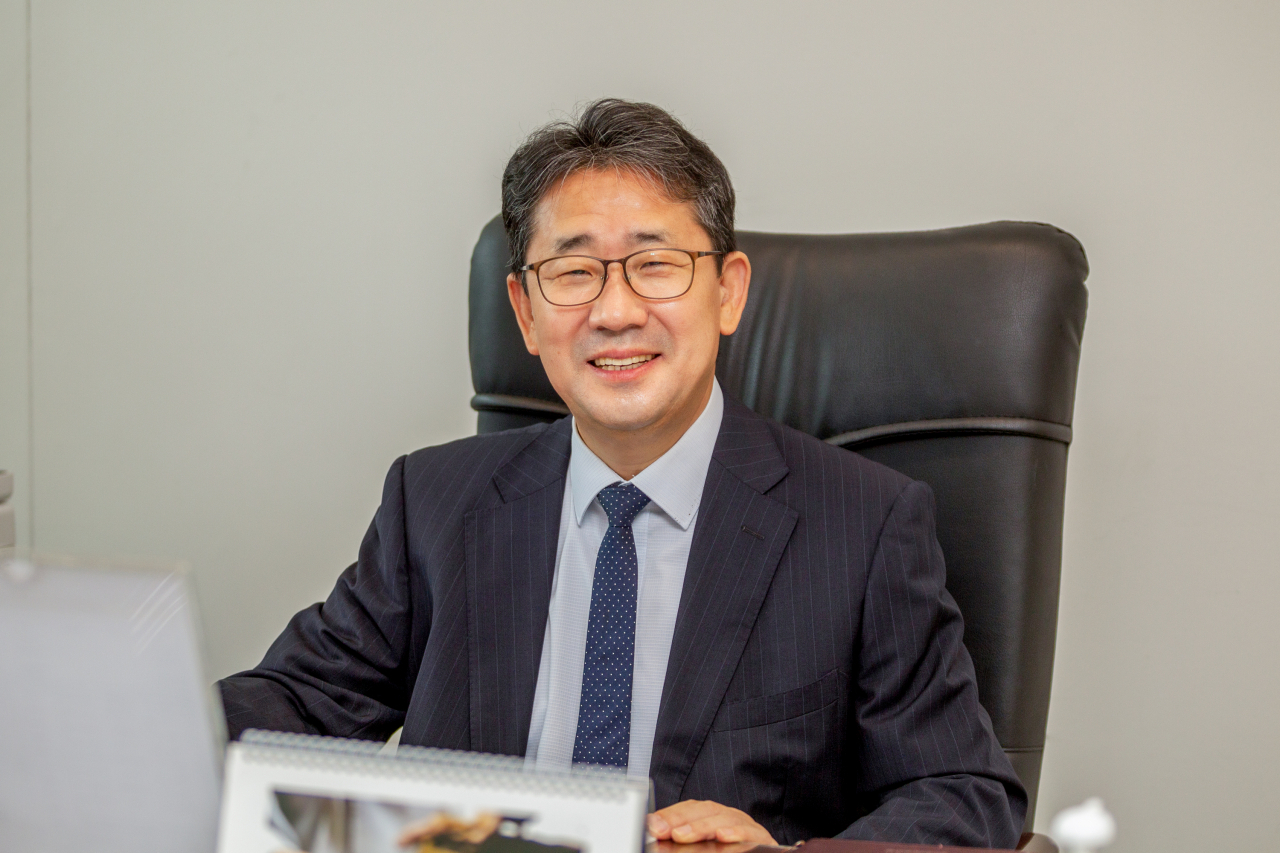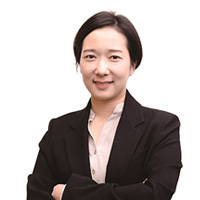[Herald Interview] Gwangju Biennale will continue to evolve, stay rooted in 'Gwangju Spirit'
By Park YunaPublished : July 10, 2023 - 18:24

The Gwangju Biennale -- widely considered the oldest and most prestigious biennale in Asia -- marks its 30th anniversary next year. To celebrate the occasion, the 15th Gwangju Biennale, scheduled to take place in September 2024, will be its largest event yet, with more national pavilions than before.
For Park Yang-woo, president of the Gwangju Biennale Foundation, the biennale is a platform in which to show art in an experimental way, beyond the confines of a museum, and encourage ideas and discussion on contemporary issues.
Next year's Gwangju Biennale will be led by world-renowned critic and curator Nicolas Bourriaud, who will take inspiration from the sound of pansori, Korea's traditional form of narrative singing with the accompaniment of a drum. He will explore the concept of space correlating to sound, spurring discussion about our changing senses and perceptions of space.
“We selected an artistic director who will make the Gwangju Biennale the most like a biennale," Park said about next year's event during an interview with The Korea Herald on June 26 in Seoul.
The biennale was held in even-numbered years before the pandemic, which affected the 13th edition. After a couple of delays, it was finally held in 2021. The biennale will return to its regular schedule with the 15th edition in 2024.
On Sunday, the 14th edition of the Gwangju Biennale ended its 90-day run under the theme of “Soft and Weak Like Water,” curated by artistic director Lee Sook-kyung. This year, Park expanded the Gwangju Biennale Pavilion, hosting nine national pavilions: Italy, the Netherlands, Poland, France, Italy, Canada, Israel, Switzerland and Ukraine.
Park said the Gwangju Biennale Pavilion will return next year with some 20 national pavilions.
“We have so many spaces for them to show art in Gwangju. We have Gwangju Museum of Art, Gwangju National Museum and Asia Culture Center. Yangnim-dong is an intriguing town for exhibitions too,” Park said.
The aim of hosting more national pavilions is to present a variety of contemporary art along with the biennale’s main exhibition held at the Gwangju Biennale Exhibition Hall and other venues in the city.
“With the Gwangju Biennale Pavilion, art will flourish in the city and (the event) will ultimately raise the status of the city as a mecca of art in Asia. In the end, the city will attract more visitors,” he said.
Regarding the theme of the biennale that is rooted in the “Gwangju Spirit,” Park said the theme is the cornerstone of the biennale and is the identity that differentiates it from other such events.
Park, however, stressed that the biennale should not restrict itself to "Gwangju Spirit." Otherwise, the long-standing theme will become a limit that hinders its growth in terms of discussions and the art presented.
Referred to as the Gwangju Democratic Uprising, protests erupted against the authoritarian rule of then-Gen. Chun Doo-hwan in Gwangju in May 1980. The protests were later named the “Gwangju Spirit,” becoming a symbol of the city.
“The fight for peace and democracy was seen sort of directly in the biennale’s exhibition in the past, but now the topic is touched on in a more sophisticated way. The 14th edition also did not directly mention ‘Gwangju Spirit,’ and it was rather used as a metaphor,” Park said.
“The Gwangju Biennale will continuously evolve, creating a variety of ways to interpret and represent its spirit to pursue peace and democracy for people,” he said.
Park also talked about the Park Seo-bo Art Prize, which was founded early 2022 and abolished soon after the opening of the 14th biennale due to strong protests from Gwangju-based artists who called for the prize to be scrapped. The protesters claimed that Park does not fit well with the Gwangju Spirit.
The award was made possible thanks to the $1 million of prize money donated by Park, South Korea’s leading contemporary artist who pioneered the "dansaekhwa" movement in the late 1960s.
"It was a very unfortunate incident. It was such a pity that those people against the prize stayed silent for a year and erupted into fury all of a sudden. They had sufficient time to raise issues (before that)," Park said.
Park, who served as the culture minister from April 2019 to February 2021, was appointed president of the Gwangju Biennale Foundation in 2021.










![[Hello India] Hyundai Motor vows to boost 'clean mobility' in India](http://res.heraldm.com/phpwas/restmb_idxmake.php?idx=644&simg=/content/image/2024/04/25/20240425050672_0.jpg&u=)








